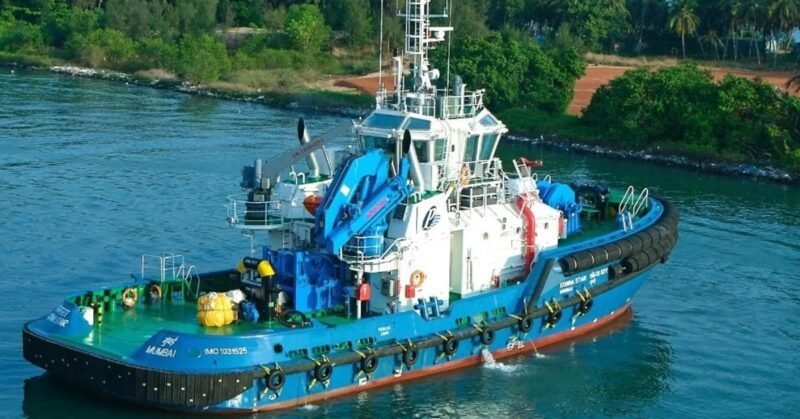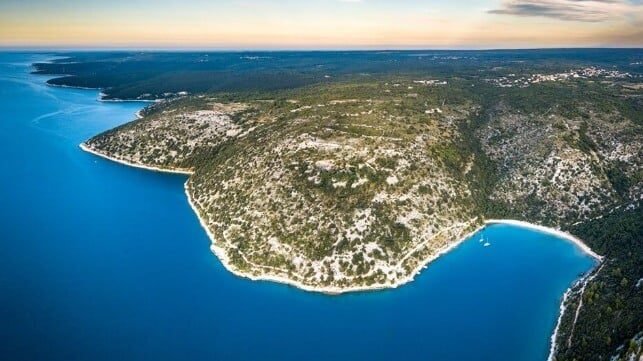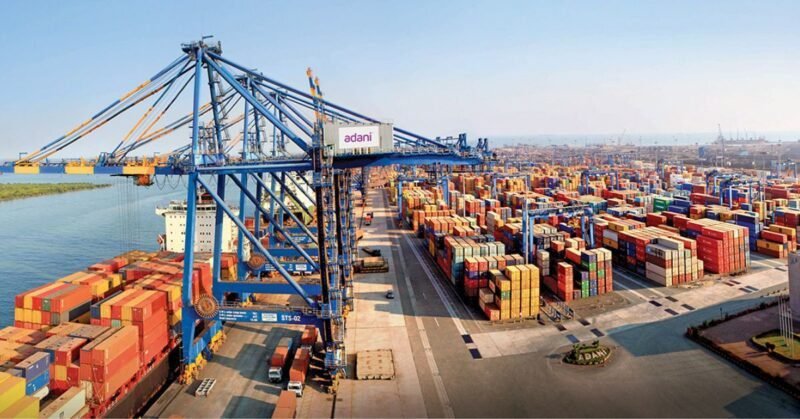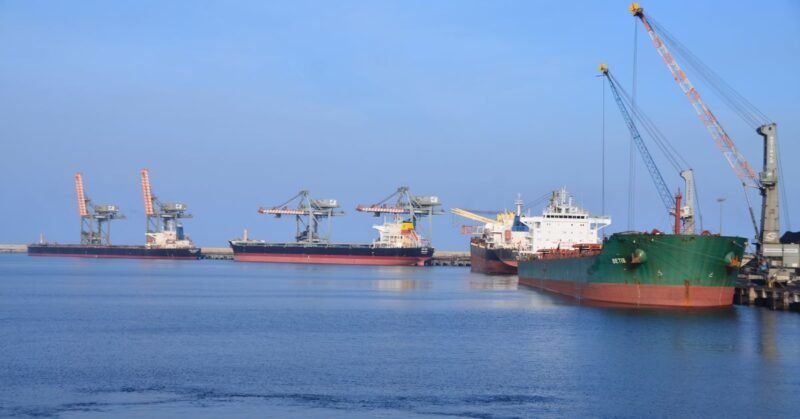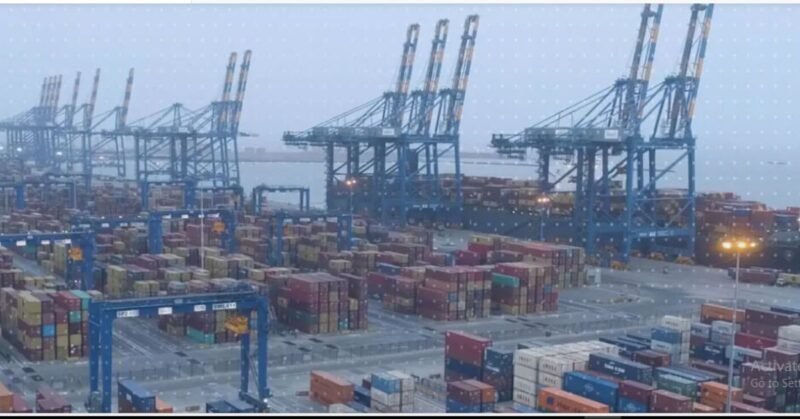The Adani Group has expressed interest in developing a transshipment port on Great Nicobar Island, which includes plans for an airport, a new town, tourism facilities, and power-generating facilities. This development aims to establish the island as a major shipping port in the region. However, conservation and anthropology experts are concerned about the potential impact of this large-scale project on the unique environment and indigenous population of the Andaman and Nicobar Islands.
Several businesses, including Adani Ports and Special Economic Zone Ltd (APSEZ), have shown interest in constructing and operating the International Container Transshipment Terminal (ICTT) at Galathea Bay, off Great Nicobar Island. The project is part of a larger holistic development plan that also includes a greenfield airport, a power plant, and a township and tourism complex. This ambitious initiative, with an estimated cost of US$9 billion, aims to transform the island into a significant regional maritime port.
The proposed development on Great Nicobar Island has raised concerns about its impact on the rich wildlife and indigenous communities of the Andaman and Nicobar archipelago. The area is home to the Great Nicobar Biosphere Reserve, which contains two Indian national parks and unique ecosystems. The project poses a threat to endangered species and the survival of indigenous populations living on the island. The feasibility study for the project was conducted by AECOM India Pvt Ltd, with oversight from the Government of India’s think tank NITI Aayog. The Andaman and Nicobar Islands Integrated Development Corporation Limited (ANIIDCO) is tasked with implementing the project.







